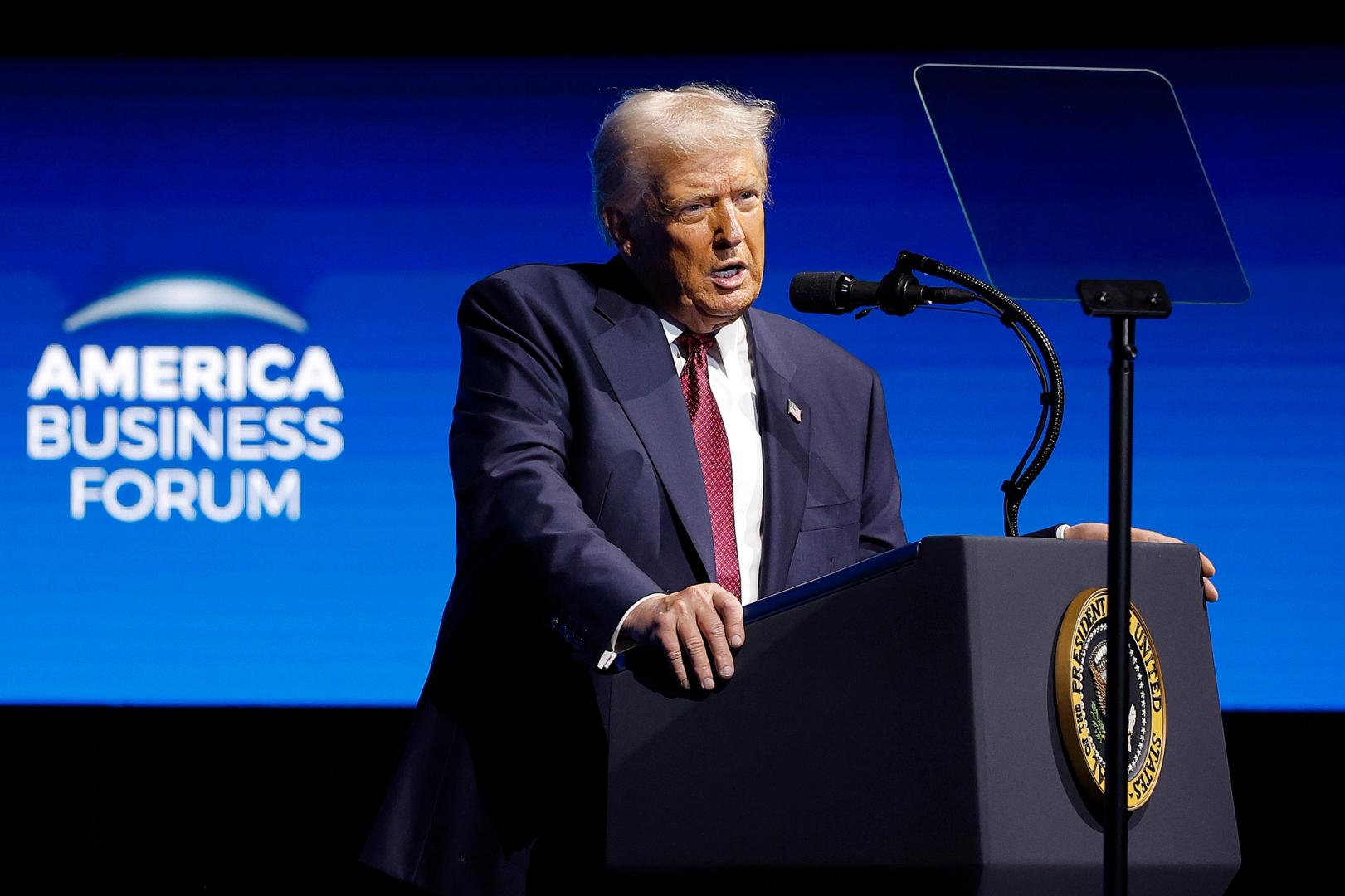“In a Miami speech, the US president said his orders ended a “war on crypto,” mentioned that crypto helps the dollar and warned China could gain if Washington stumbles.”, — write: www.coindesk.com
Trump cast his administration as reversing hostility in Washington: “I’ve also signed historic executive orders to end the federal government’s war on crypto. Crypto was under siege. It’s not under siege anymore.”
He argued the sector is sizable and backed by business leaders: “Because it’s a big industry. It’s a big industry, and I have a lot of people that are great people, great business people. They’re in other businesses, but they’re in crypto too.”
He linked digital assets to the US currency: “And it takes a lot of the pressure off the dollar. It does a lot of good things, but we’re into it.” He contrasted his stance with the previous administration: “Biden was vicious on crypto. They were going after these crypto guys. It was terrible. They were under indictment.” (Trump then digressed to his own legal battles, which were not about crypto.)
Trump framed the goal as national leadership: “We’re making the United States the Bitcoin superpower, the crypto capital of the world,” and tied his tech message to AI by calling the US “the undisputed leader in artificial intelligence.”
Looking abroad, he warned of competitive pressure: “And don’t forget, if we don’t do the crypto properly, China … China wants to do it. They’re starting it, but they want to do it. Other countries want to do it. If we don’t do it properly — it’s a big industry.”
His Miami remarks emphasized positioning over new specifics; he did not announce fresh timelines or agency directives.
This year, the White House took steps consistent with that posture, including creating a Strategic Bitcoin Reserve and a US Digital Asset Stockpile using coins obtained through federal seizures and forfeitures; however, there have been no government bitcoin purchases.
A stablecoin framework advanced via the GENIUS Act, signed into law on July 18, while broader market-structure legislation continues to progress. Trump’s team has also rejected a US central bank digital currency, presenting crypto policy as compatible with dollar primacy.
 A deep dive into Zcash’s zero-knowledge architecture, shielded transaction growth, and its path to becoming encrypted Bitcoin at scale.
A deep dive into Zcash’s zero-knowledge architecture, shielded transaction growth, and its path to becoming encrypted Bitcoin at scale.
- Shielded adoption surgedwith 20–25% of circulating ZEC now held in encrypted addresses and 30% of transactions involving the shielded pool.
- The Zashi wallet made shielded transfers the default, pushing privacy from optional to standard practice.
- Project Tachyonled by Sean Bowe, aims to boost throughput to thousands of private transactions per second.
- Zcash surpassed Monero in market share, becoming the largest privacy-focused cryptocurrency by capitalization.
View Full Report
 Market structure legislation could still see movement this year, but likely won’t become law before 2026.
Market structure legislation could still see movement this year, but likely won’t become law before 2026.
- The US government shutdown broke 36 days on Wednesday, becoming the longest on record.
- While Democrats were expected to cave, Tuesday’s election results may delay any dealmaking on the budget.
- The ongoing shutdown will continue to delay the passage of market structure legislation.
Read full story
